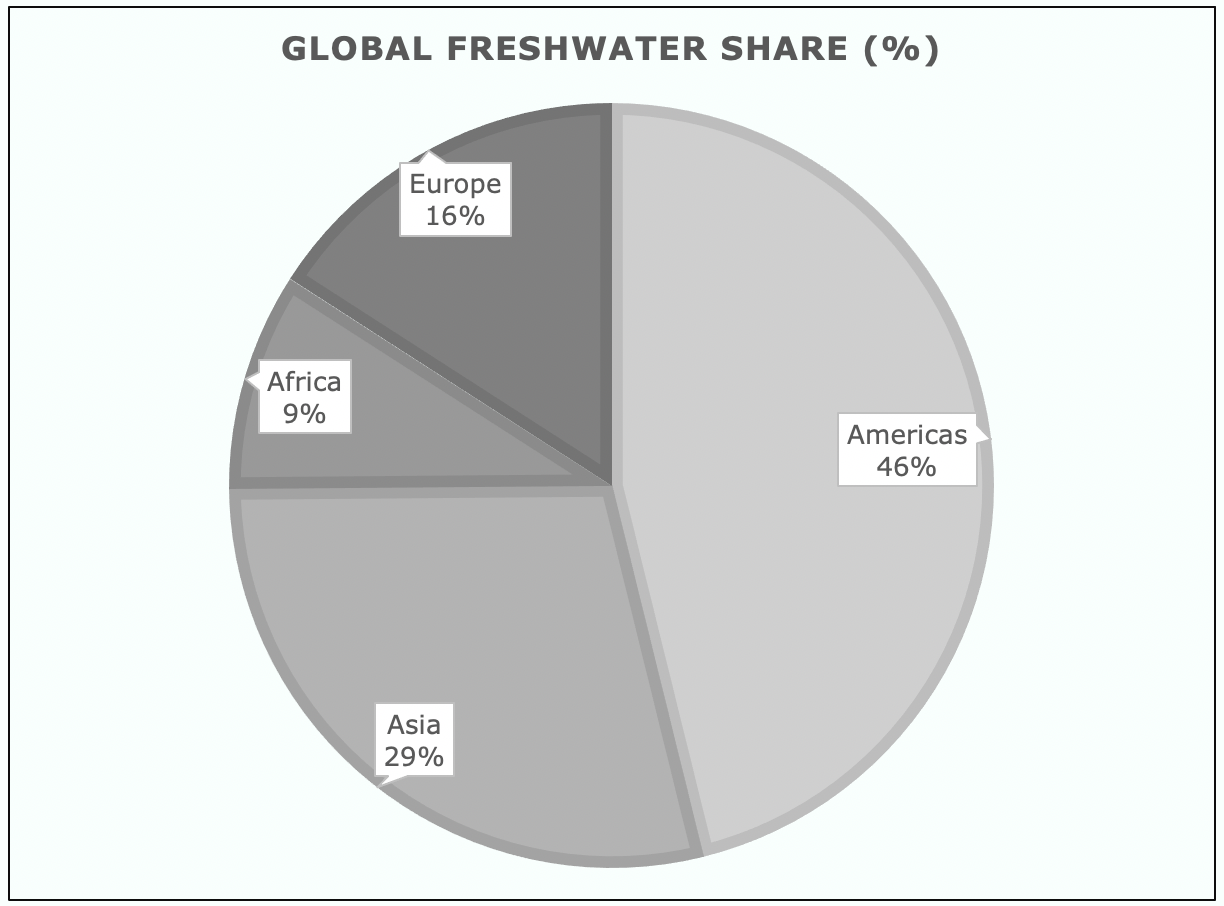Moving Water Through a Desert? The case of Libya’s GMMR.

This week’s blog will explore a potential solution to addressing the geographical unevenness of water and food availability; water transfer projects to deficit areas. The blog will explore the famous example of the Great Man-Made River (GMMR) in Libya and its approach to addressing the unevenness of water access and food production. Libya’s ‘Great Man-Made River’: In last week’s blog , I discussed the spatial unevenness of water access and food production in Ethiopia. Ethiopia's plight is not unique. Instead, this uneven distribution of water and food is relatively standard across much of Africa, owning to the continents complex physical and human characteristics ( MacDonald et al. 2012 ; Quadri 2019 ). In the last blog, I stated if there was only a way to "physically transport water to areas that need it". This is what has Libya done. Under the authority of Colonel Gaddafi, Libya began the construction of a sophisticated pipeline system known as the 'Great Man-...

